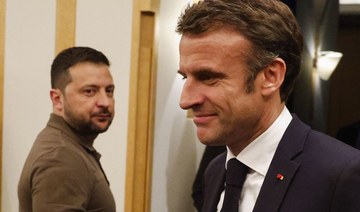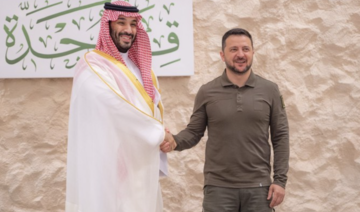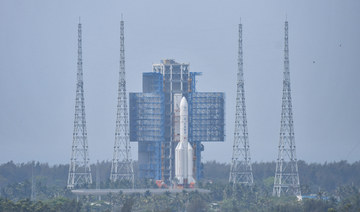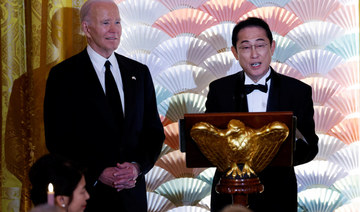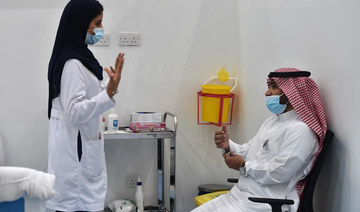HIROSHIMA, Japan: Brazilian President Luiz Inacio Lula da Silva said Monday he was “upset” he and Volodymyr Zelensky did not meet at the G7 summit, adding his Ukrainian counterpart seemed uninterested in negotiating peace with Russia.
Zelensky, who emerged from the summit in Hiroshima with fresh diplomatic support and pledges of more military aid, had sought a one-on-one meeting with Lula, who has faced accusations of being soft on Russia over its invasion.
Both leaders said scheduling conflicts had prevented them from meeting — which Zelensky quipped had likely left his Brazilian counterpart “disappointed.”
“I wasn’t disappointed. I was upset, because I’d like to meet him and discuss the matter,” Lula told a news conference before heading home from Japan.
But “Zelensky is a grown-up. He knows what he’s doing,” he added.
Lula said his team had scheduled a meeting with Zelensky for Sunday afternoon. But the Ukrainian leader ran late, and his own agenda was full after that, he said.
Zelensky got resounding support from G7 leaders at the summit, including long-sought US backing for access to F-16 fighter jets.
He also wooed non-G7 countries invited to the gathering, notably winning a pledge from Indian Prime Minister Narendra Modi to do “whatever we can” to resolve the conflict.
“I understand your pain,” Modi told him.
There was no such show of support from Brazil.
Lula said he did not see a point in meeting Zelensky now, saying neither he nor Russian President Vladimir Putin appeared to want peace.
“For now, they’re both convinced they’re going to win the war,” he said.
Lula is pushing for peace talks and has proposed Brazil as a mediator, along with other “neutral” countries, including China and Indonesia.
But the veteran leftist faced criticism last month when he accused the United States of “encouraging” the war.
After the White House accused him of “parroting Russian and Chinese propaganda,” Lula toned down his rhetoric, saying Brazil condemned Russia’s invasion.
But he renewed his criticism Monday.
US President Joe Biden, he said, is sending the message that “Putin has to surrender and pay for everything he wrecked.”
“That message isn’t helping,” he said.





